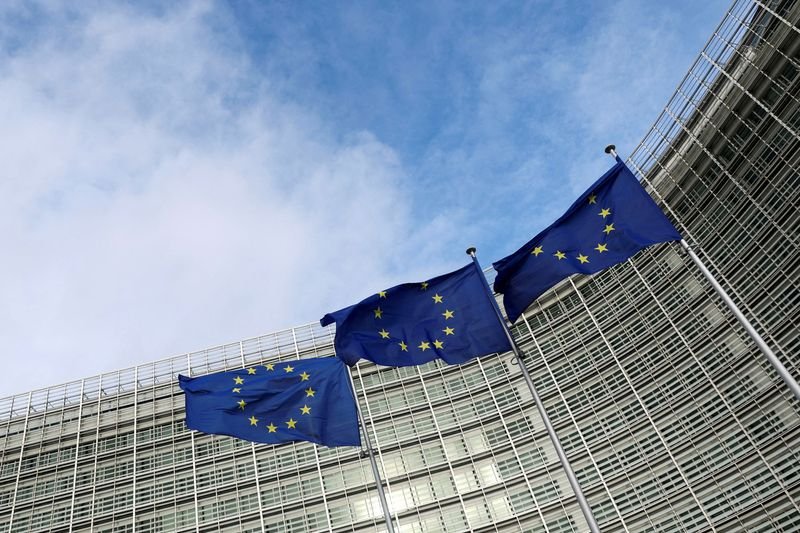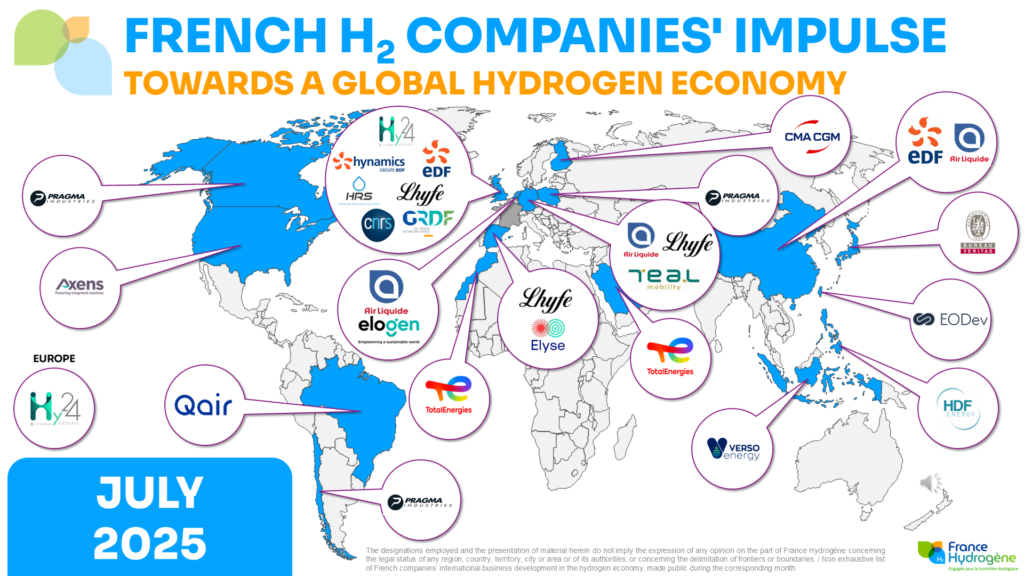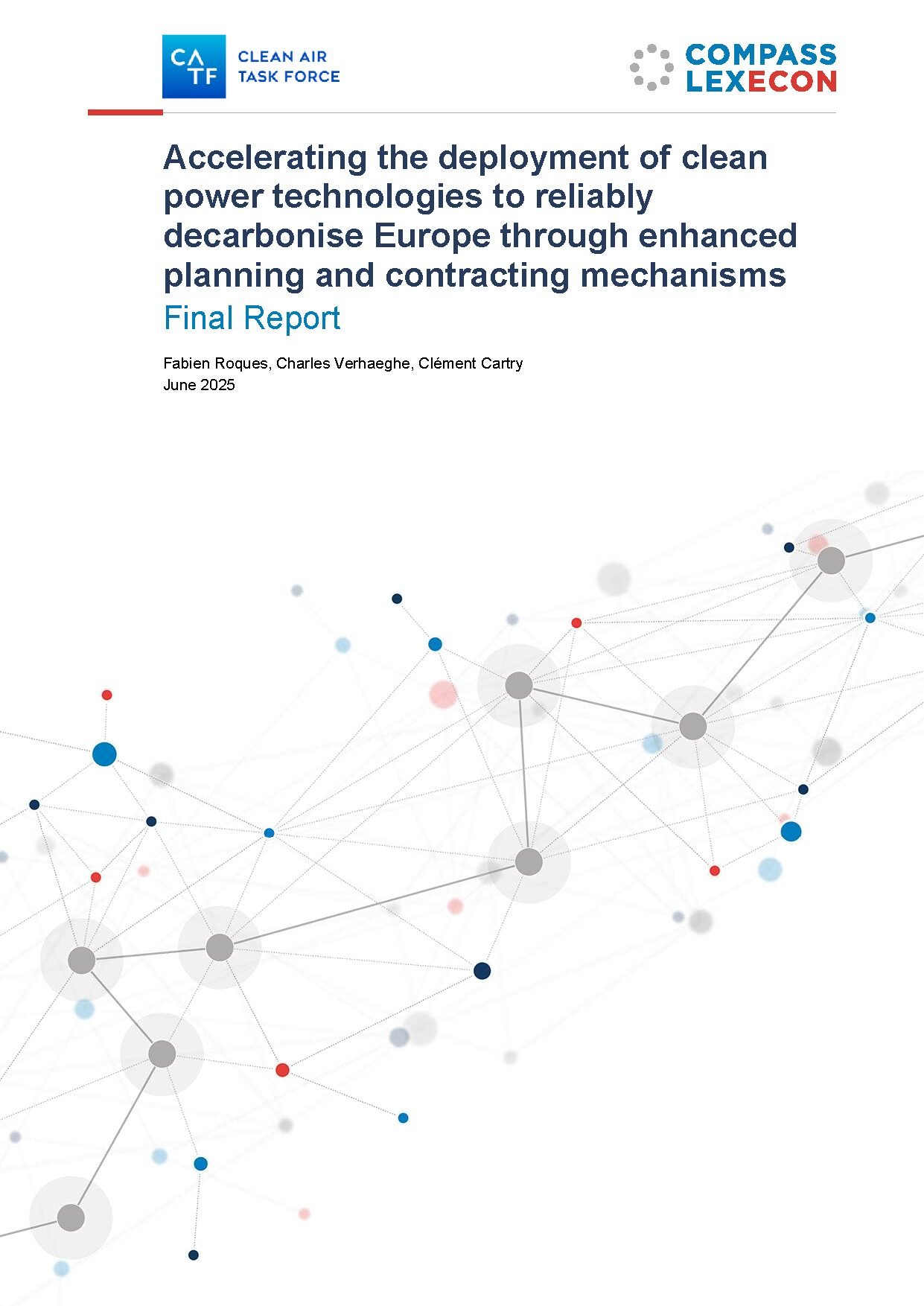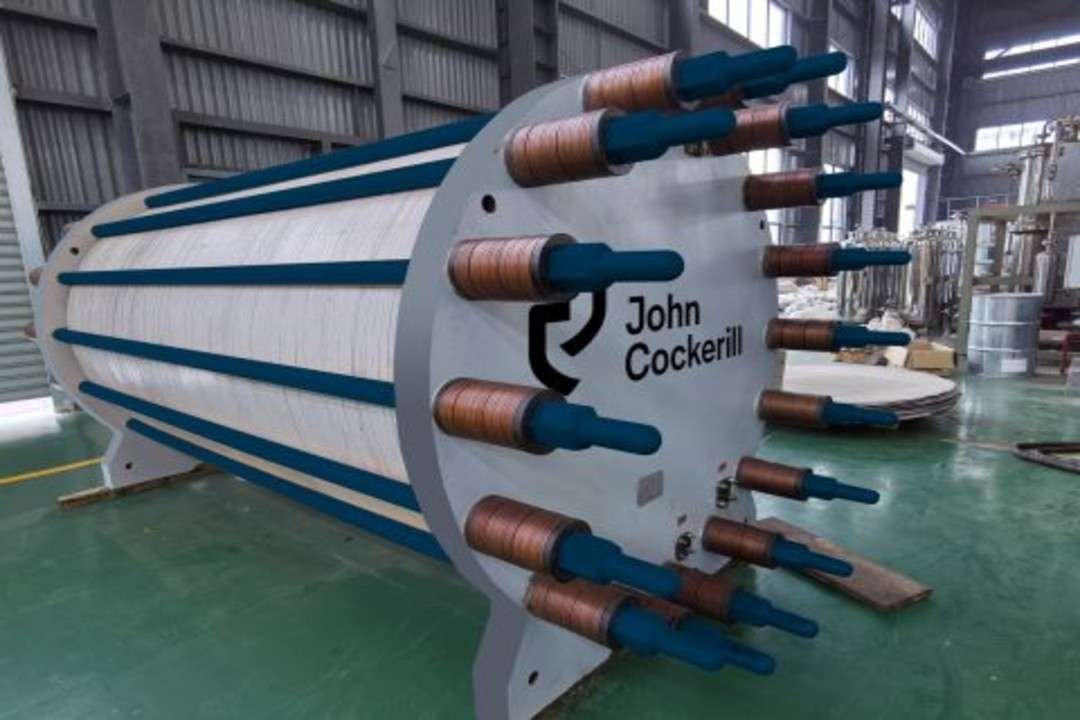The European Commission has announced new state aid regulations to facilitate funding for businesses aiming to reduce carbon emissions and transition to greener technologies. These updated rules, effective until December 2030, are part of the Commission’s Clean Industrial Deal designed to help European industries compete with counterparts in the U.S. and China while encouraging them to remain in Europe.
Under the revised framework, businesses will have easier access to state support for green initiatives, including renewable energy projects and low-carbon fuels. The new regulations also enable pension funds, insurers, and private investors to participate more actively in financing these green projects.
The rules introduce various forms of state aid, which can include direct grants, tax advantages, subsidized interest rates on loans, and guarantees for new loans. The maximum amount of state aid available can reach up to 200 million euros (approximately $232 million), either based on the funding gap for the project or determined through a competitive bidding process.
Specific beneficiaries of this funding will include renewable energy projects, low-carbon fuel initiatives, and investment aid schemes that support capacity mechanisms and direct price support. Heavy industries, such as chemicals and cement manufacturing, can also apply for temporary relief on electricity prices, provided they commit to investing in decarbonization measures.
Commission Vice-President Teresa Ribera stated that the new framework not only simplifies and expedites support for decarbonization efforts but also positions the state as a strategic investor in Europe’s future. She emphasized that these measures aim to bolster climate ambitions, enhance resilience, and maintain global competitiveness for European industries.
However, industry representatives like Eurometaux have expressed concerns that the Clean Industrial Deal State Aid Framework does not fully address the needs of European businesses. They argue that the new legislation does little to simplify the existing regulatory landscape and that further actions are necessary to support a robust and sustainable metals sector in Europe.
While the European Commission promotes these reforms as vital for fostering a sustainable industrial base, industry stakeholders are calling for more comprehensive measures to ensure that all conditions are favorable for the growth of the metals sector amid increasing global competition.




